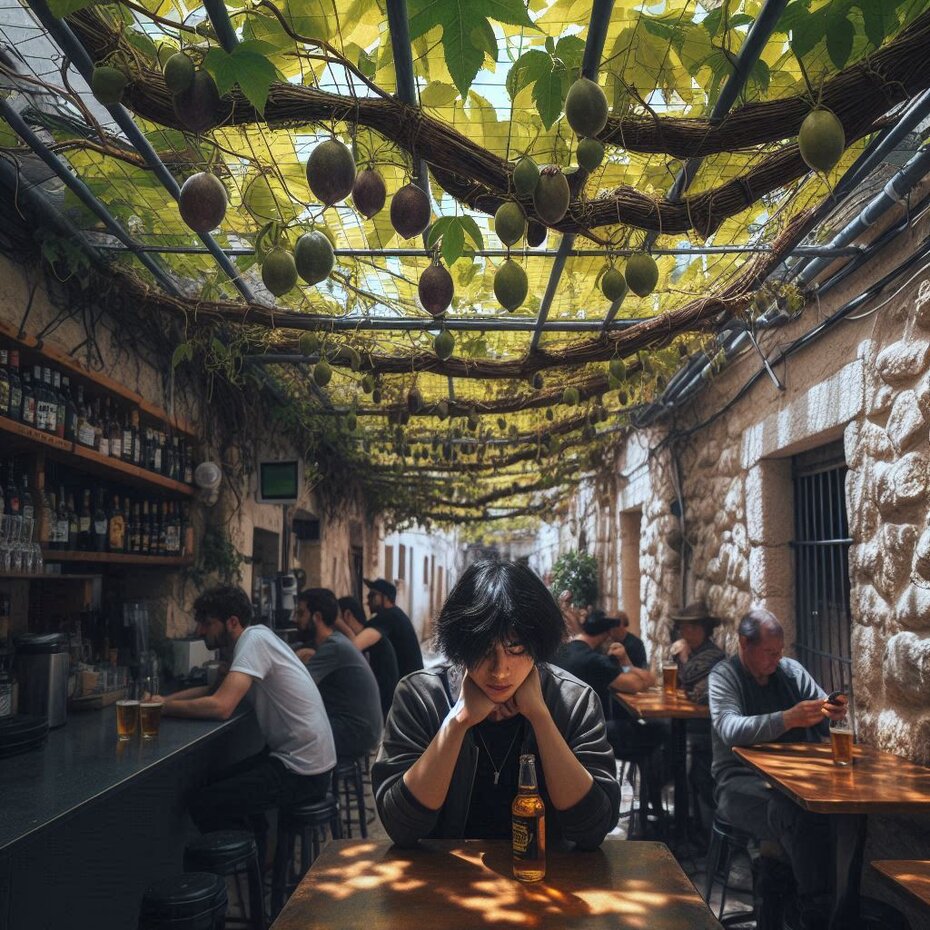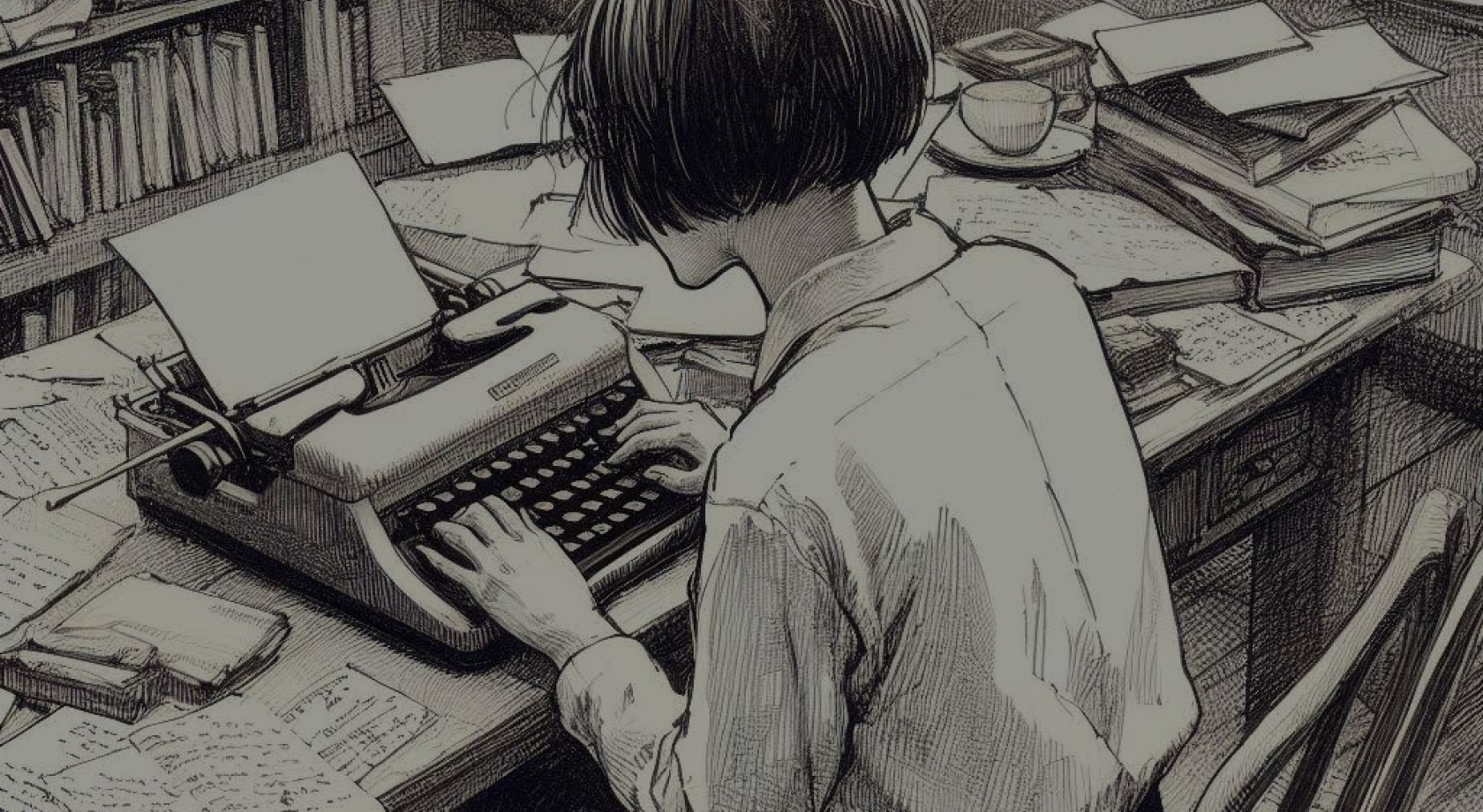Time to celebrate life
With the flood that hit the capital of Rio Grande do Sul in May barely over, here we are again, with the waters of the Guaíba just 30 cm below the city's flood level, praying that the winds will change direction and drain the waters of this lake that haunts us once and for all. The month of May has been an ordeal for most of us, a replay of the pandemic. What does the near future hold?

During the flood, even those who were not directly affected by the flood spent almost a month without leaving their homes, as it became difficult to move around the city. The mayor asked people to temporarily leave their homes in the capital and move to the coast, but this was not well received by most people. With our minds occupied by the personal tragedies of family members and strangers, and our ears attentive to the endless barking and howling of dogs rescued and housed in shelters, we arrived at the end of May with our souls beaten down like those traumatized by war.
Almost a month after the end of the flood, one of my friends sent an invitation to the group via WhatsApp: "Shall we meet this Thursday?" We read the message and gradually came out of our holes, sticking our heads out in search of a ray of sunshine and the warmth of friendship, and saw the invitation as an opportunity to return to normal life.
On the appointed day, I drove across town to meet them at the Agridoce bar. When I arrived at Sarmento Leite street, located in the heart of Cidade Baixa, I spent a long time looking for a parking space, amazed at how busy the streets were at that hour: what could be attracting so many people to that area of the town at a traditionally dead time?
Sarmento Leite is an old street, with low buildings and narrow garage doors, with no remote control or doormen. I circled through all the nearby streets, but couldn't find any free spaces. Finally, I came across a corner of a wall with a wooden sign on which the paint had faded a little and read 'monthly and rotating parking'. I soon entered through a long, narrow passage, at the end of which was a wooden booth, from which a girl smiled at me. "Why is she smiling?" I asked myself suspiciously, unaccustomed to such displays of happiness after a month of tragedies.
The girl at the booth told me to park my car in space 22 and, as I circled the garage looking for the spot, I discovered that the place was huge. At the back of a three-storey building with peeling paint and moss-covered roof tiles, I saw a series of spaces covered by an Eternit roof that was at least 50 years old. My gaze lingered on the fine gravel floor, with mud from the flood still present in the corners of the courtyard and bushes with twisted trunks, scattered here and there throughout the courtyard.
I closed the car door and carried on, distracted, enjoying the late afternoon sun that illuminated my face. With my eyes closed, I imagined the space crossed by long strands of wire that criss-crossed in all directions, 2.5 meters above the ground. On top of the wire mesh, passion fruit trees laden with fruit sprawled out, forming a shaded space where customers paused for a drink and a chat before going about their business. The atmosphere was marked by the simplicity and improvisation typical of a small town, and the people by their desire to enjoy life and the company of friends on a sunny afternoon. Just like in Sarajevo.
I opened my eyes in amazement at the path my daydreams had taken: Sarajevo?
I was in the Balkans in 2012, 17 years after the end of the Bosnian war, but the walls of the buildings in Sarajevo remained pockmarked by machine-gun fire, left there so that the people wouldn't forget the need to avoid confrontation and enjoy life. Despite the sad legacy of the war, I was amazed by the good energy of the place. In every alley there was a shaded corner with climbing plants and umbrellas, where locals and tourists enjoyed their free time. Sarajevo reminded me that warmth and peace of mind can be reborn in the midst of simplicity, and that you don't have to completely erase the signs of past tragedies to believe in the future again.
I resumed my walk to meet my friends at a slow pace, enjoying the last vestiges of pleasure provided by my imaginary corner. I soon spotted the Agridoce bar, located across the street. The bar is located in an old house, full of charm and delicacies, where at that hour a veritable avalanche of lively, talkative women were celebrating the return to normality with their friends.
Yes, the Guaíba is still just around the corner, but it's time to celebrate the pleasure of living again.
Translated with DeepL.com (free version)
Voltar
